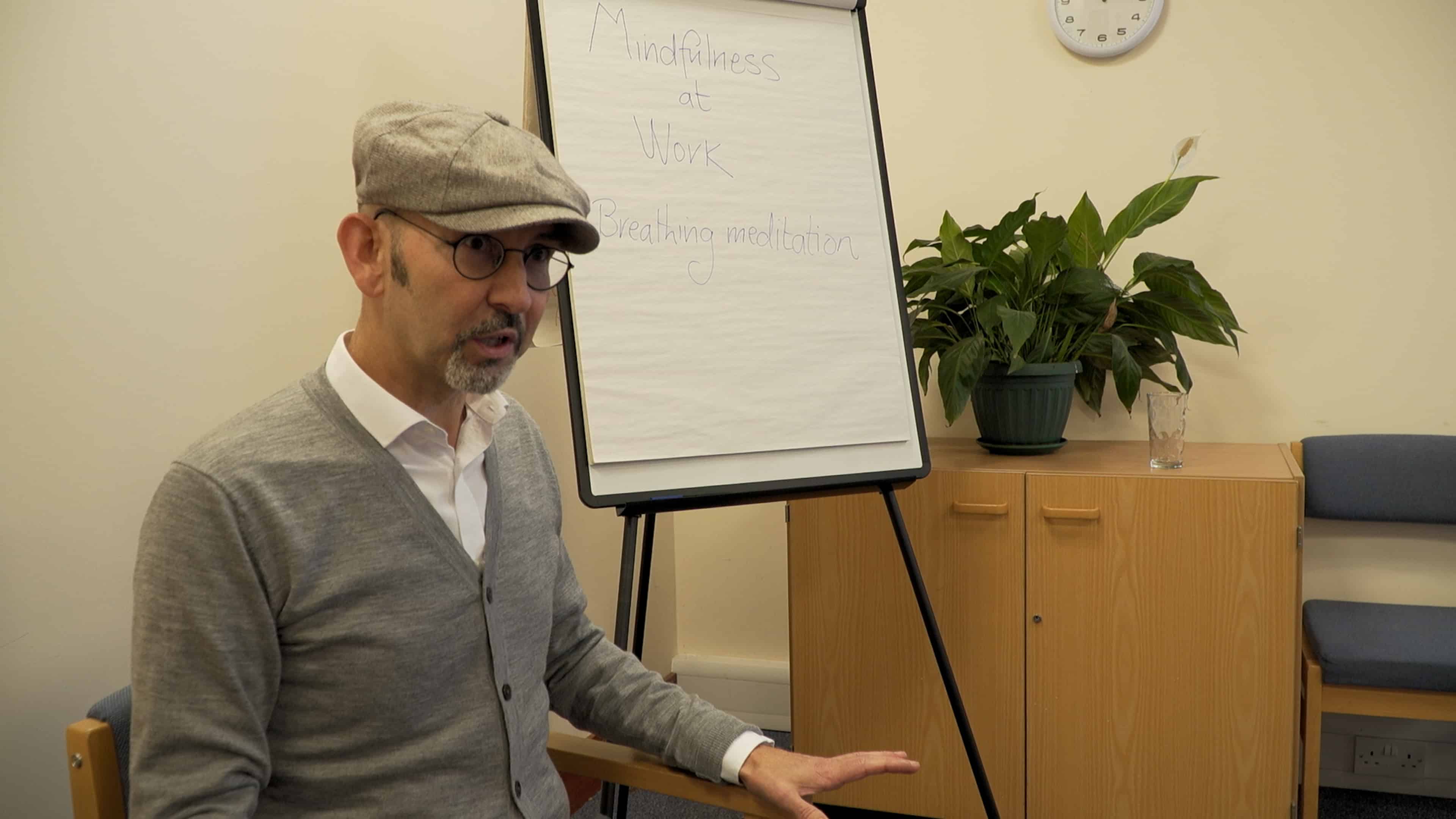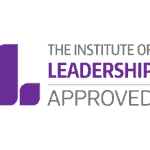Take Time Out of Your Routine
The Mental Health Foundation have issued top tips for keeping in good mental health over the festive season, ranging from taking long calming baths to meditation. The overarching theme seems to be about taking time out of whatever is taking place, be that houses packed with family or an empty house with the television constantly switched on, to ask yourself what am I feeling, thinking and wanting right now. At first glance, this might seem a bit obvious, but how easy is it to do in moments of stressful distractions?
Cambridge University Mindfulness Study
Mindfulness meditation is proving to be very effective at helping you to do just this, to take time out of your schedule, tune into what your body and mind are telling you, and to find the courage to give yourself what you most need. The Cambridge University study, on the effects of mindfulness training on under-graduates and how they manage stress and maintain good mental health during exam periods is about to be published in the Lancet. Scientific evidence is mounting in favour of mindfulness training for modern day living.
Demands of The Fast Business World
Mindfulness expert, Dr Danny Penman, says that becoming aware of what is going on around you, ie developing awareness, isn’t easy, when you’re constantly bombarded with e-mails, Facebook and Twitter, and that simple mindfulness meditation is a quick and simple way managing the demands of our fast business world.
Ironically, it’s that very fast demanding work culture that convinces us that we don’t have the time to learn to meditate, and it’s easier to conclude that we’re not suited to sitting on a cushion with our eyes closed, trying to think something other than work. These are commonly held beliefs about how mindfulness works. Let me throw some light here….
Practice Leads to Calmer Wiser Decision Making
Mindfulness training starts with short contemplative exercises, with a gentle invitation to focus inwards, rather than outwards. This takes place on an office chair, or wherever people feel comfortable. With practice, these exercises become second nature, and start to influence how we think and feel in our daily routines, which in turn changes how we experience surges in work demands, challenging behaviours in our relationships and how we keep perspective on what’s going on, making wiser calmer decisions about what to do next.
Are you Frazzled?
There are many ways of putting a toe in the water of mindfulness training, and I encourage you to try the least challenging for your personality. This could be choosing to read one of the many paperbacks on display in WH Smiths, like Ruby Wax’s Frazzled. You might research the web for the latest scientific research. Or sign up for our in-house taster workshop to find out if mindfulness is right for you.
Tailored Training for Busy Working People
Here at Your People Potential, we specialise in training and coaching programmes to help professionals manage their workloads, their teams, and ultimately themselves. We offer mindfulness taster workshops, that give a flavour of what this approach can achieve, as well as scientific evidence for its success.
We’ve already created our own Mindfulness at Work 8-week training programme, in line with the quality standards of the UK Mindfulness Network, adapted to the needs and working culture of the business world. There is now evidence that mindfulness training improves thinking, and management communication skills of senior leaders, and it works no matter where you sit in your organisation.
All you need is the will to learn a new way of managing stress, commitment to attend all sessions and to practise at home.
If you’d like to host a free taster workshop for your people, get in touch on 01954 267640 or email
To hear David talk about our approach to mindfulness watch this video.



